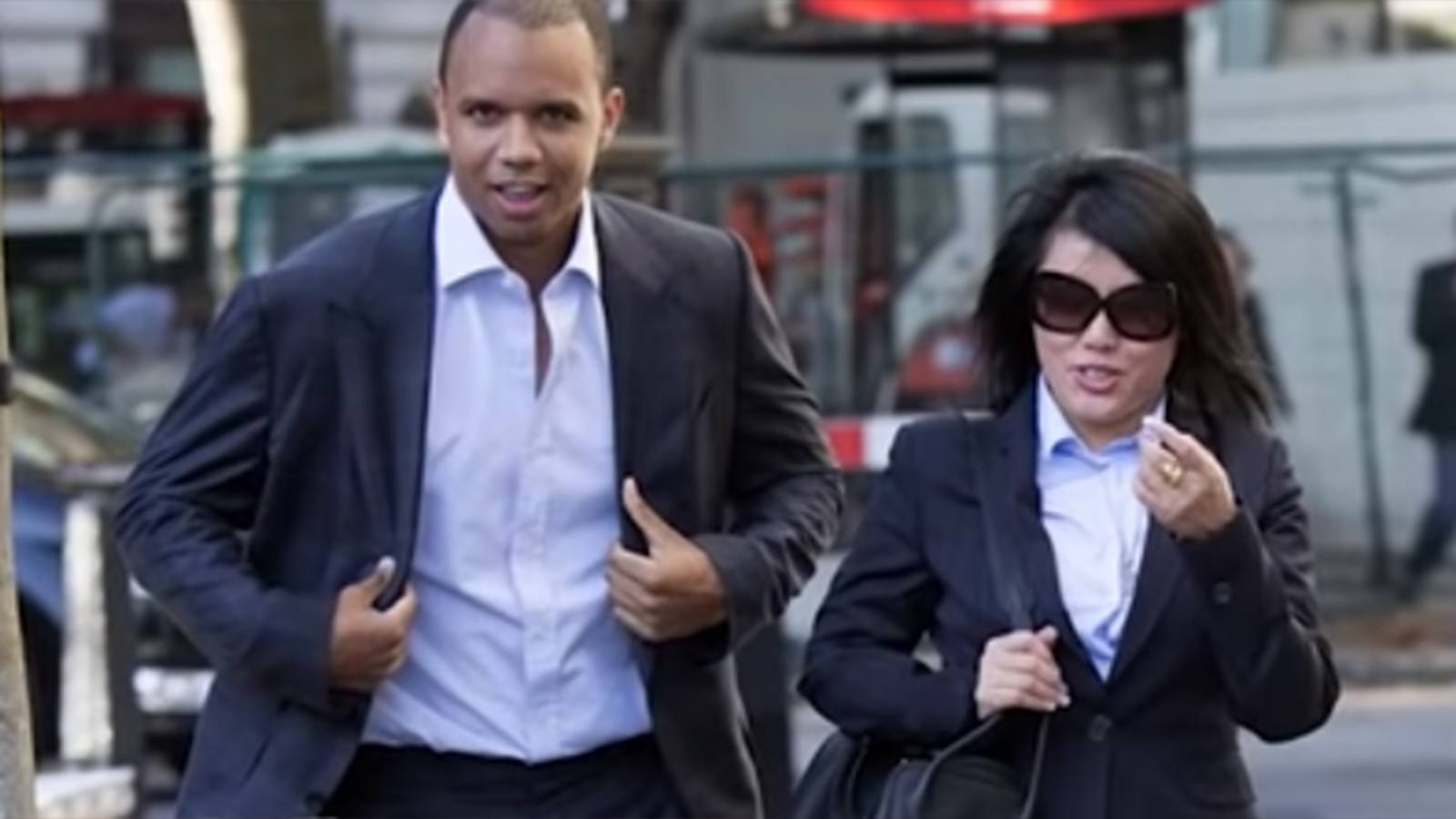Phil Ivey Backers Dan Cates and Illiya Trincher Cry Foul Over WSOP Winnings Seized by Borgata
Posted on: September 12, 2019, 07:17h.
Last updated on: September 13, 2019, 02:38h.
Poker player Phil Ivey’s financial backers are not pleased with the Borgata, Atlantic City, which seized the player’s winnings from the World Series of Poker Players Championship in June.

The MGM Resorts-owned casino won approval from a federal judge to seize Ivey’s assets in Nevada in a bid to recoup $10.1 million Ivey and an accomplice “won” playing mini-baccarat at the casino seven years ago.
The pair were using a type of advantage play known as “edge-sorting,” in which a skilled player can determine the value of cards by spotting tiny asymmetries in the patterns on their backs.
Not the Borgata’s to Seize?
Ivey won $124,410 in the Poker Players Championship for an eighth-place finish, which was promptly seized by US Marshalls at MGM’s request. But Ivey’s backers, Daniel “Jungleman” Cates and Illya Trincher – both well-known poker players in their own right – say not all the money was Ivey’s, and therefore not the Borgata’s to seize.
Through their lawyer Richard Schonfeld — of prominent Vegas law firm to gamblers and celebrities Chesnoff and Schonfeld — the two players have filed a legal objection to the writ of execution that resulted in the funds being seized.
According to court documents, Cates and Trincher put up the entirety of Ivey’s $50,000 entry into the tournament as part of a staking deal that would see them reap 50 percent of everything he won.
Now they want their cut. The players are asking for their $50,000 stake back, plus half of Ivey’s profit, which is $87,205. The filing notes that staking deals are legal and enforceable under Nevada law.
How Did Ivey and Sun ‘Win’ $10 Million?
Ivey and his accomplice “Kelly” Cheung Yin Sun never denied they were edge sorting. They said they were using their skill to beat the game and had not broken the rules or tampered with any cards. Despite muscling the odds in their favor, they were still gambling against the house and still could have lost, they argued.
But the Borgata accused them of cheating and sued for fraud. Throughout the course of their four-day baccarat rampage, Ivey and Sun had asked the dealer to rotate certain cards in the deck by 180 degrees, which they explained was a superstitious quirk of the type common among high-stakes gamblers.
In reality, they were “sorting” the good cards from the bad cards.
The judge rejected the claim that the pair had acted fraudulently, but found they had been in breach of contract with the Borgata.
By using cards they caused to be maneuvered in order to identify their value only to them, Ivey and Sun adjusted the odds of baccarat in their favor,” ruled US District Judge Noel Hillman. “This is in complete contravention of the fundamental purpose of legalized gambling.”
For now, the Borgata has clawed back just over one percent of the money owed. According to court documents related to its application to widen the search to Nevada in January, the casino had up to that point only been able to trace one bank account in New Jersey-native Ivey’s name. It was empty.
Last Comments ( 1 )
This article is nothing but a one sided hit piece against Phil Ivey. Your use of questions is especially notable. Sorry if my empathy doesn’t extend to mega corporations that rely on the courts to further increase their edge against players.